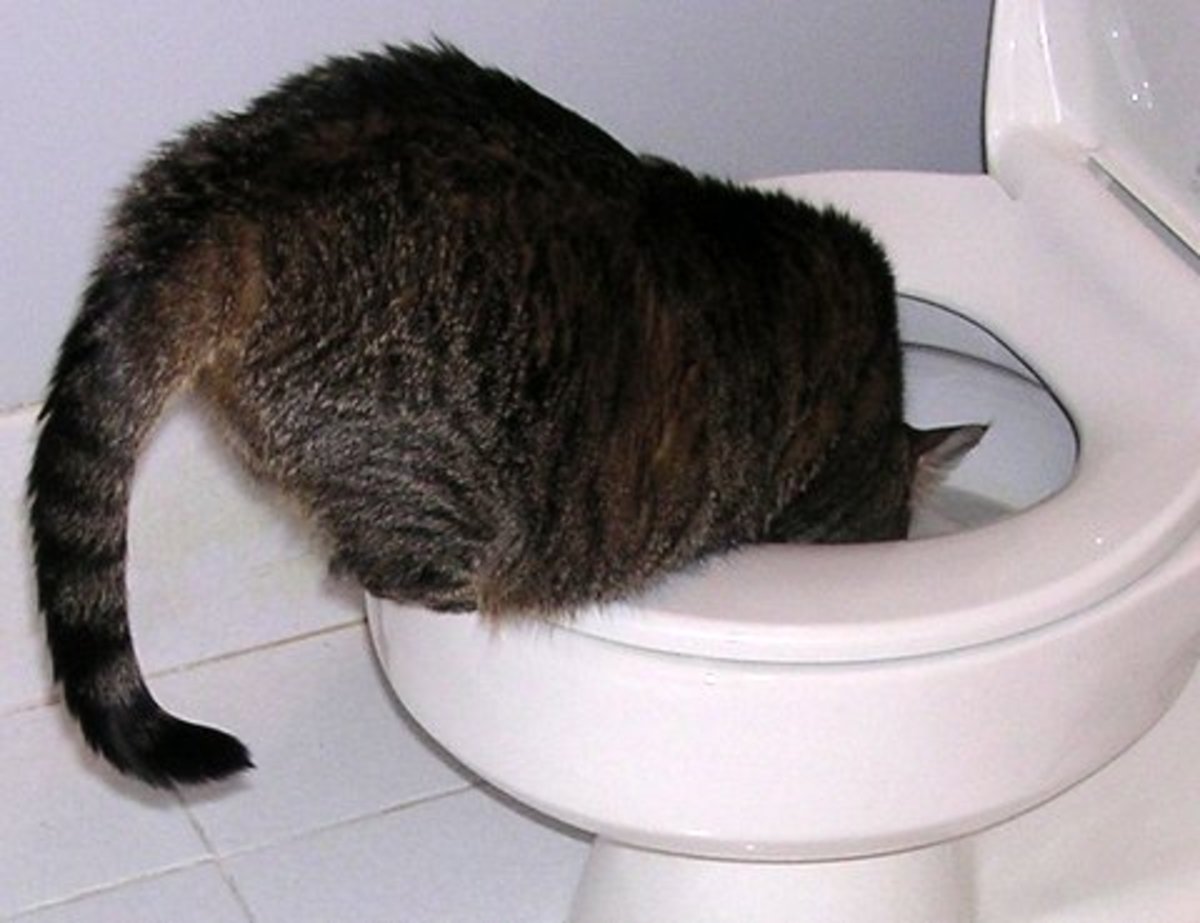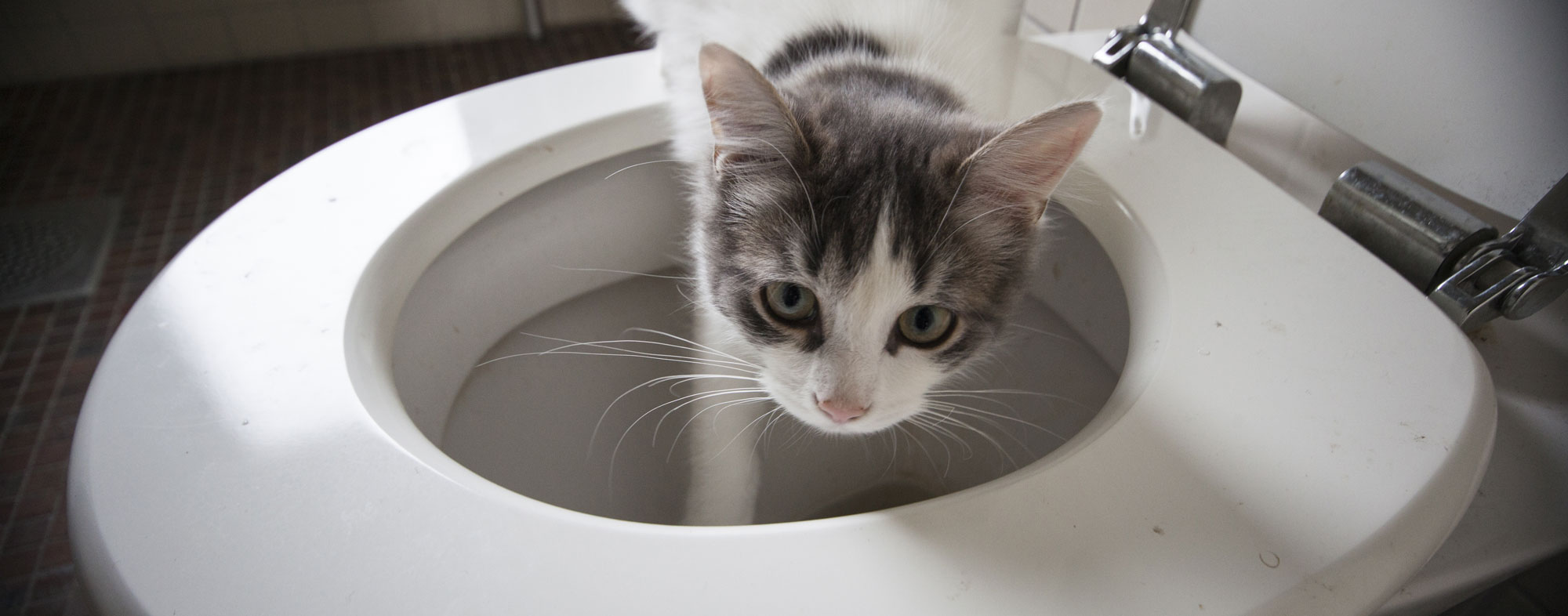Why You Shouldn't Flush Cat Poop Down Your Toilet - Maintain Your Plumbing System
Why You Shouldn't Flush Cat Poop Down Your Toilet - Maintain Your Plumbing System
Blog Article
The content listed below on the subject of Can You Flush Cat Poop Down The Toilet? is relatively captivating. Read on and make your own final thoughts.

Introduction
As cat owners, it's vital to bear in mind exactly how we take care of our feline close friends' waste. While it might appear hassle-free to purge feline poop down the toilet, this technique can have damaging repercussions for both the environment and human health and wellness.
Alternatives to Flushing
Thankfully, there are safer and extra accountable ways to take care of pet cat poop. Think about the following options:
1. Scoop and Dispose in Trash
The most typical approach of taking care of feline poop is to scoop it into a naturally degradable bag and toss it in the trash. Make sure to use a committed litter scoop and take care of the waste quickly.
2. Use Biodegradable Litter
Go with biodegradable pet cat clutter made from materials such as corn or wheat. These litters are environmentally friendly and can be securely disposed of in the garbage.
3. Hide in the Yard
If you have a backyard, take into consideration burying feline waste in an assigned location far from veggie yards and water resources. Make certain to dig deep adequate to stop contamination of groundwater.
4. Install a Pet Waste Disposal System
Invest in a pet waste disposal system specifically made for pet cat waste. These systems make use of enzymes to break down the waste, lowering smell and ecological effect.
Wellness Risks
In addition to ecological worries, purging cat waste can additionally pose wellness risks to human beings. Pet cat feces may contain Toxoplasma gondii, a bloodsucker that can trigger toxoplasmosis-- a possibly serious disease, specifically for expecting women and people with weakened immune systems.
Ecological Impact
Flushing pet cat poop introduces harmful microorganisms and bloodsuckers into the water, positioning a substantial risk to water ecosystems. These pollutants can adversely influence marine life and compromise water high quality.
Verdict
Responsible animal ownership expands beyond supplying food and shelter-- it additionally entails proper waste management. By refraining from flushing feline poop down the bathroom and selecting different disposal approaches, we can decrease our ecological impact and secure human wellness.
Why You Should Never Flush Cat Poop Down the Toilet
A rose by any other name might smell as sweet, but not all poop is created equal. Toilets, and our sewage systems, are designed for human excrement, not animal waste. It might seem like it couldn’t hurt to toss cat feces into the loo, but it’s not a good idea to flush cat poop in the toilet.
First and foremost, assuming your cat uses a litter box, any waste is going to have litter on it. And even the smallest amount of litter can wreak havoc on plumbing.
Over time, small amounts build up, filling up your septic system. Most litter sold today is clumping; it is made from a type of clay that hardens when it gets wet. Ever tried to scrape old clumps from the bottom of a litter box? You know just how cement-hard it can get!
Now imagine just a small clump of that stuck in your pipes. A simple de-clogger like Drano isn’t going to cut it. And that means it’s going to cost you big time to fix it.
Parasitic Contamination
Believe it or not, your healthy kitty may be harboring a nasty parasite. Only cats excrete Toxoplasma in their feces. Yet it rarely causes serious health issues in the cats that are infected. Most people will be fine too if infected. Only pregnant women and people with compromised immune systems are at risk. (If you’ve ever heard how women who are expecting are excused from litter cleaning duty, Toxoplasma is why.)
But other animals may have a problem if infected with the parasite. And human water treatment systems aren’t designed to handle it. As a result, the systems don’t remove the parasite before discharging wastewater into local waterways. Fish, shellfish, and other marine life — otters in particular — are susceptible to toxoplasma. If exposed, most will end up with brain damage and many will die.
Depending on the species of fish, they may end up on someone’s fish hook and, ultimately on someone’s dinner plate. If that someone has a chronic illness, they’re at risk.
Skip the Toilet Training
We know there are folks out there who like to toilet train their cats. And we give them props, it takes a lot of work. But thanks to the toxoplasma, it’s not a good idea.

I am very focused on How to Dispose of Cat Poop and Litter Without Plastic Bags and I'm hoping you appreciated the blog post. Do you know about another individual who is interested by the niche? Please feel free to share it. Thanks a lot for your time. Come back soon.
Further Details Report this page